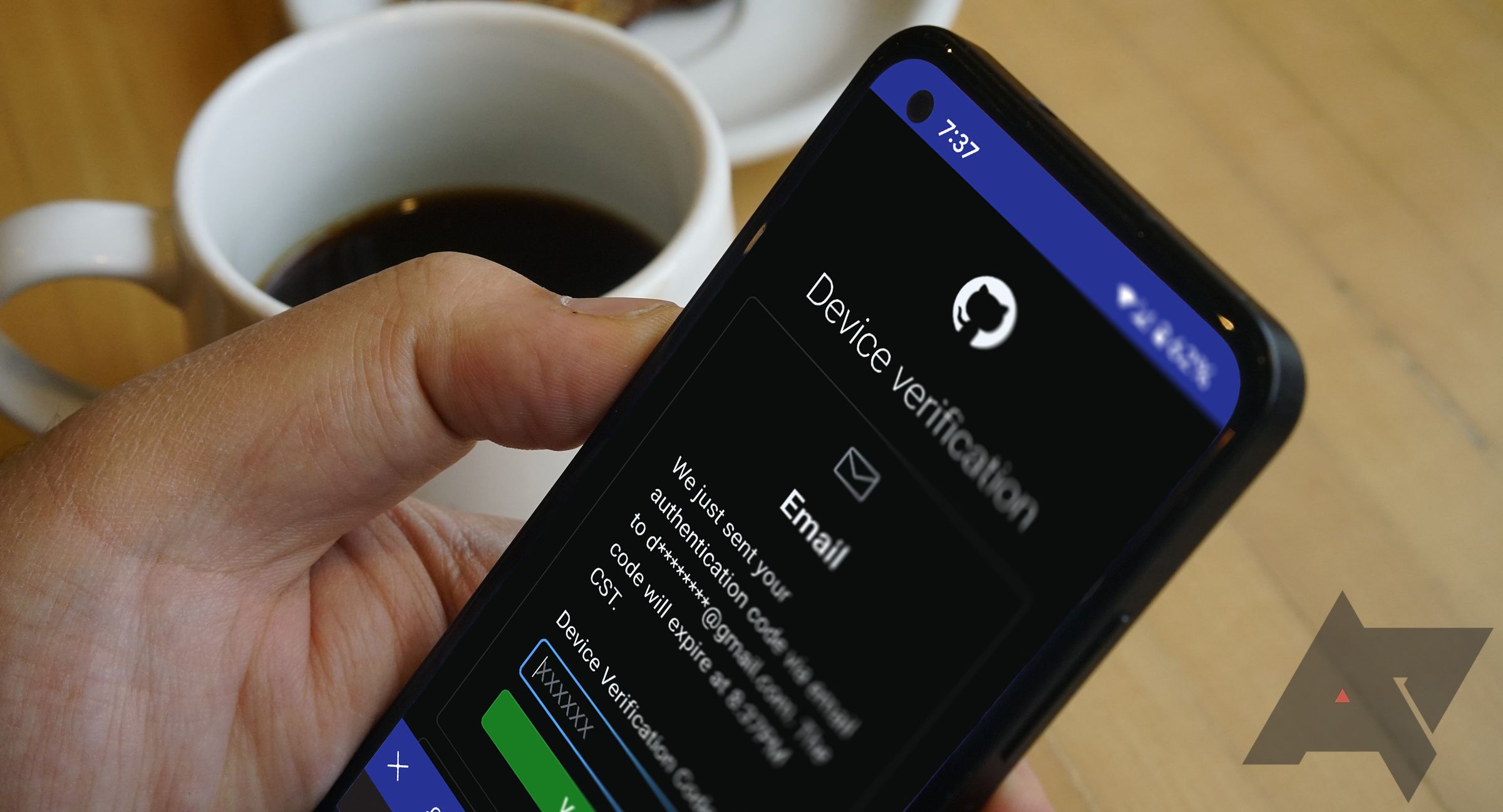Important points
- Qualcomm has announced that hackers have exploited a zero-day bug in dozens of its chipsets found in popular Android devices.
- This vulnerability has been exploited in a limited manner, allowing hackers to target selected individuals rather than large groups.
- Qualcomm has fixed the vulnerability and now it’s up to Android brands to release patches to their customers’ devices.
Every once in a while, we hear about new ways hackers are targeting Android users. Back in August, Google revealed that hackers had exploited a vulnerability in Chrome on Android to steal sensitive data. And just last month, Kaspersky researchers discovered that millions of Android devices were infected with malware through two Google Play apps. Now, there’s another method to add to the list, this time targeting vulnerabilities in the chips that power Android smartphones.

related
New Android malware empties bank accounts and wipes devices
Propagation via regular text messages
Chipmaker Qualcomm acknowledged on Monday that hackers had exploited a zero-day bug in dozens of its chipsets found in popular Android devices (via TechCrunch). A zero-day is a vulnerability that is unknown to the vendor and for which there is no patch or fix available. The Qualcomm chip vulnerability, officially designated as CVE-2024-43047, “may have limited and targeted exploitation,” the company said in a statement from Google’s Threat Analysis Group (TAG). He cited unspecified “signs.”
The fact that this vulnerability has been exploited in a limited manner and was discovered by Google’s TAG indicates that this vulnerability is targeting specific individuals rather than a large group of Android users. It suggests that you are. TAG primarily investigates government hacking threats, so this could be a state-sponsored attack. Amnesty International’s Security Lab, which works to protect civil society from digital surveillance and spyware, supports Google’s assessment.
CISA, the US cybersecurity agency, also added the Qualcomm flaw to its list of vulnerabilities that have been or are currently being exploited.

Which Qualcomm chips had this vulnerability?
Qualcomm has listed 64 chipsets affected by this issue in its security bulletin. This includes flagship SoCs like Snapdragon 8 Gen 1 and Snapdragon 888+, as well as mid-range options like Snapdragon 660 and Snapdragon 680. We also cover FastConnect 6700, 6800, 6900, and 7800 modules, as well as the Snapdragon X55 5G modem. . These chipsets are found in millions of devices, from the Galaxy S22 Ultra and OnePlus 10 Pro to older Redmi Notes and Nokias.
“The fix is now available to our customers as of September 2024,” a Qualcomm spokesperson told TechCrunch. It is now up to Android device manufacturers using these vulnerable chipsets to push patches to their devices. This fix is expected to be included as part of a future security update.

related
Android 15 could prevent apps from spying on your most sensitive notifications
Third-party apps may be blocked from intercepting SMS containing 2FA codes


